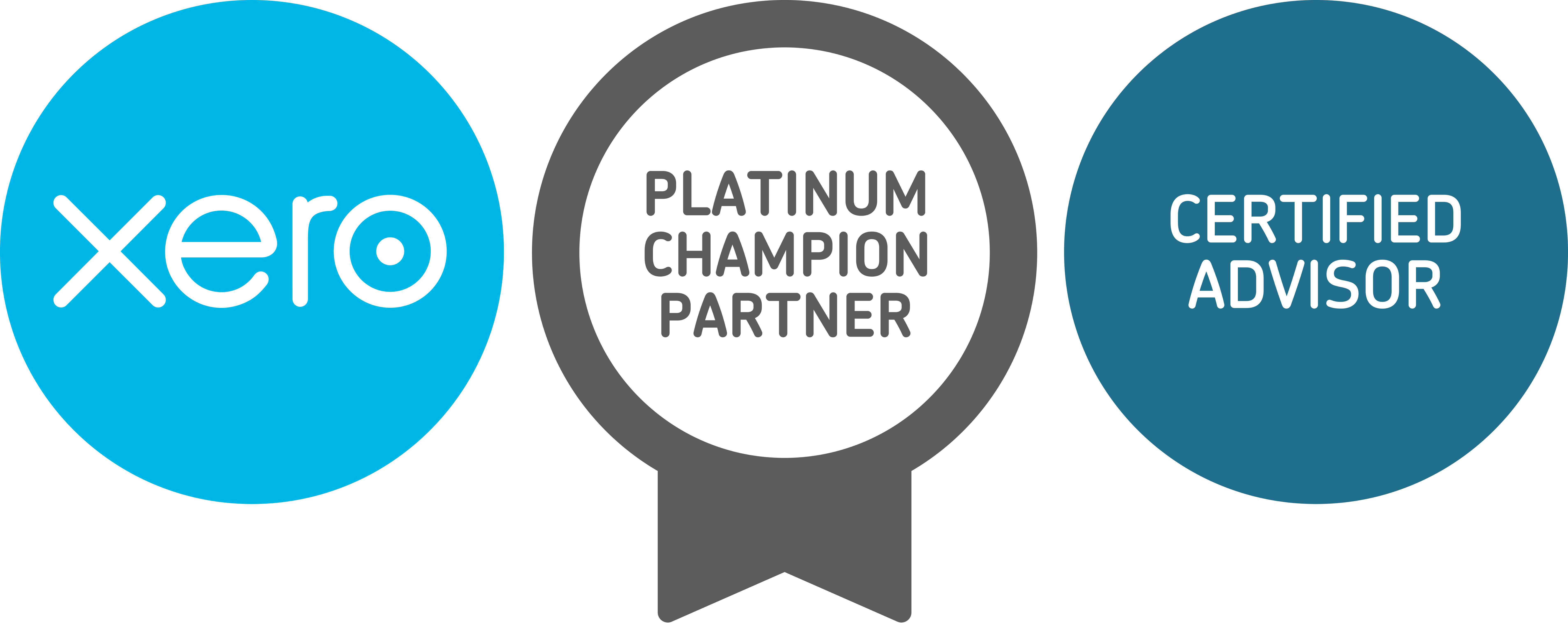-
-
Spring Budget 2024 Summary
In the last scheduled Budget before the general election, Chancellor Jeremy Hunt was keen to project this as a Budget for growth and for hard working families.
His centre piece announcement was a cut to the rates of National Insurance paid by employees and the self-employed from 6 April 2024 and he will be hoping that these measures ease household budgets.
He was keen to reference an economic theory that tax cuts can pay for themselves, but at the same time announced a number of tax-raising measures to balance the books; these being the abolition of tax breaks for Furnished Holiday Lettings, axing Stamp Duty relief where more than one property is bought in a single transaction, changes to the Non-Dom regime and increased duty on vapes and tobacco.
Only time will tell whether he has done enough to re-energise the economy.






